PRINCIPAL INVESTIGATOR
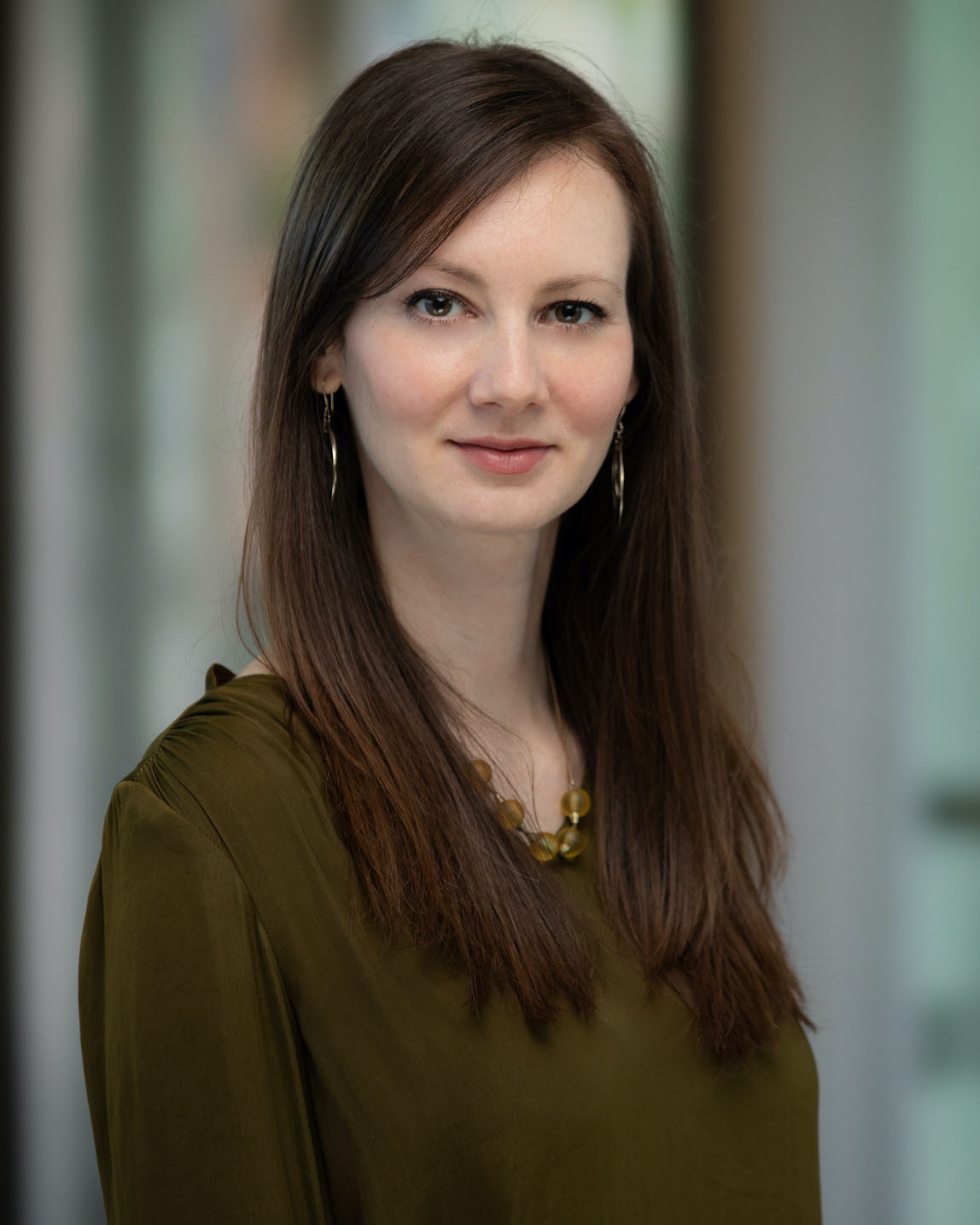
Stephanie Rudolph, Ph.D.
Assistant Professor, Dominick P. Purpura Department of Neuroscience
Assistant Professor, Department of Psychiatry and Behavioral Sciences
Bio
Stephanie joined the Department of Neuroscience and the Department of Psychiatry and Behavioral Sciences at Albert Einstein College of Medicine as Assistant Professor in July 2020. Stephanie completed her doctoral training with Jacques Wadiche at the University of Alabama at Birmingham and Peter Jonas at the University of Freiburg, Germany. She used electrophysiology to investigate the impact of neuronal activity patterns on the kinetics of neurotransmitter release. Towards the end of her PhD., Stephanie shifted her focus on the inhibitory circuits that shape cerebellar output.
In Wade Regehr’s laboratory at Harvard Medical School, Stephanie began using a combination of 2-photon imaging and electrophysiology to study the intrinsic and synaptic properties of interneurons that control the integration of multisensory input in local circuits. Her recent work has focused on how a slow and persistent form of GABAergic inhibition that is disrupted in many neurodevelopmental and psychiatric disorders shapes anxiety-like, social and parental behaviors.
In her new lab, Stephanie will investigate how context-specific neuromodulators shape cerebellar function to regulate social and aggressive behaviors, and examine the long-range circuits that allow the cerebellum to control these behaviors.
TEAM MEMBERS
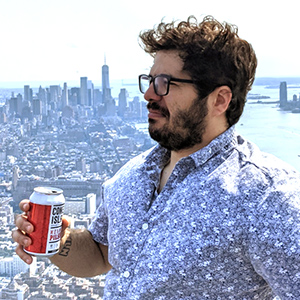
Stefano Lutzu, Ph.D.
Sheryl and Dan Tishman postdoctoral fellow
I completed my Ph.D. work in the laboratory of Dr. Pablo E. Castillo at Albert Einstein College of Medicine in NYC. During my Ph.D. I combined in vitro electrophysiology and two-photon microscopy to study non canonical forms of synaptic transmission and plasticity at hippocampal synapses.
I joined the lab of Dr. Stephanie Rudolph as a postdoc at the end of 2021 driven by my interest in understanding the role of synaptic transmission in circuit function and behavior. My goal is to elucidate unknown cerebellar targets molecularly and functionally to ultimately determine their role in complex behaviors.
Superpower: I can put my daughter to sleep by singing Rammstein songs.

Romana Hyde
Graduate Student
Hi! I’m a PhD student in the Rudolph lab. I completed my undergrad at the University of Idaho with a BS in biochemistry and psychology working in both a cerebellar research lab and a milk microbiome research lab. My general interest is the neural basis of developmental and psychiatric disorders.
I grew up in the Pacific Northwest, so I love hiking, backpacking, and snowboarding. I also love playing games as well as going to concerts and conventions (when there isn’t a global pandemic). My superpower is being able to read a 500-page novel in one sitting.

Akhila Sankaramanchi
Tishman Graduate Student
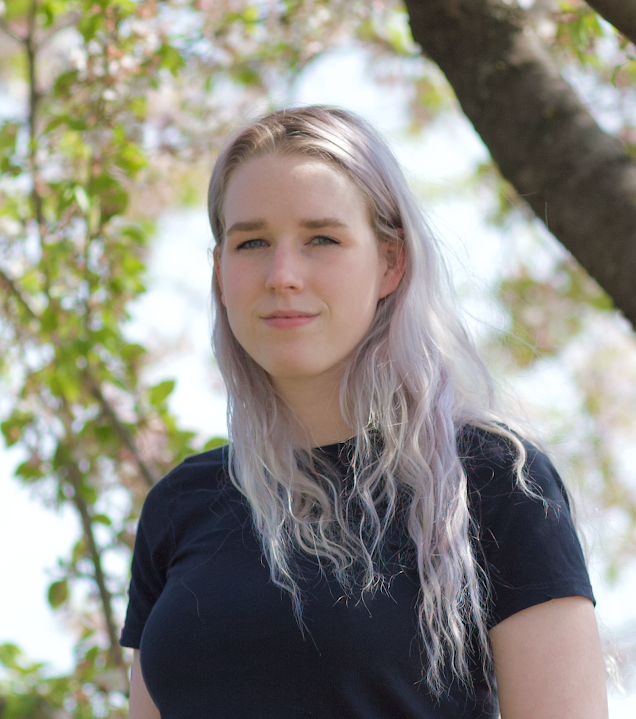
Meghan Carlton
Graduate student
While studying neuroscience at the University of Pittsburgh, I worked as an undergraduate research assistant studying Alzheimer’s disease in a mouse model. This first experience in the lab inspired me to pursue a research career, so after graduating in 2019, I joined Dr. Michaelides’s lab at the National Institute on Drug Abuse. At NIDA, I worked on projects profiling the differing effects of ketamine’s enantiomers in rodents. Researching ketamine introduced me to questions surrounding depression, anxiety, and synaptic changes associated with neuropsychiatric disorders. Hoping to learn more about cerebellar development and physiology in the Rudolph Lab. I am excited to be a part of the team and discover more about cerebellar circuitry.
Outside of the lab, I am always trying to master new skills and adding to my ever-growing list of hobbies. Since moving to the Bronx, I’ve been busy exploring the city with my dog.
ALUMNI
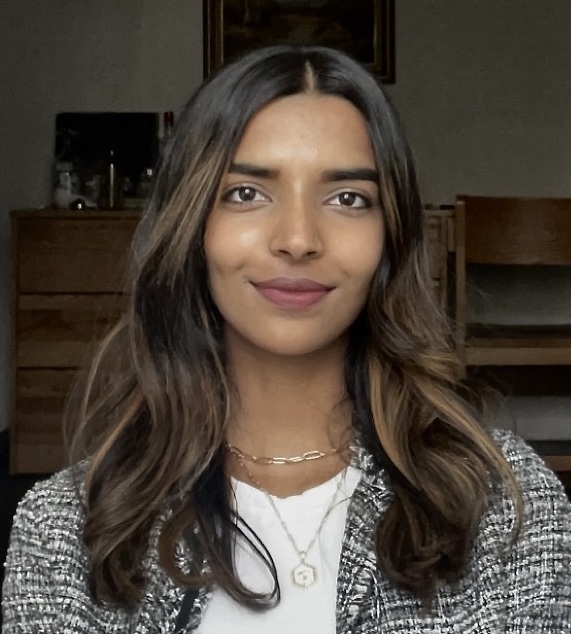
Anahat Brar
Former Undergraduate Student
Now: Harvard PiN student
I’m an undergraduate student at Sarah Lawrence College majoring in Neurobiology and am interested in studying the modulation of inhibitory neurotransmission in the brain. As someone who is “excited about inhibition”, I am glad to be learning about cerebellar function and inhibition at the Rudolph Lab.
Outside the lab, I like to balance out the inhibition with excitatory coffee walks in the morning that end in listening to music and reading Oliver Sacks’ work at the park!
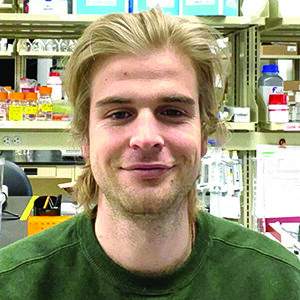
Kilian Rentrup
Former Research Trainee
Now: medical student, Trinity College, Dublin
I graduated from Northeastern University in December 2019 with my B.S in Behavioral Neuroscience. I did my undergraduate research on the effects of diabetes in the CNS using MRI imaging and am excited to be a part of the Rudolph lab, learning lots about the cerebellum and neuroscience research.
Superpower: I can juggle and play the violin – though not at the same time.
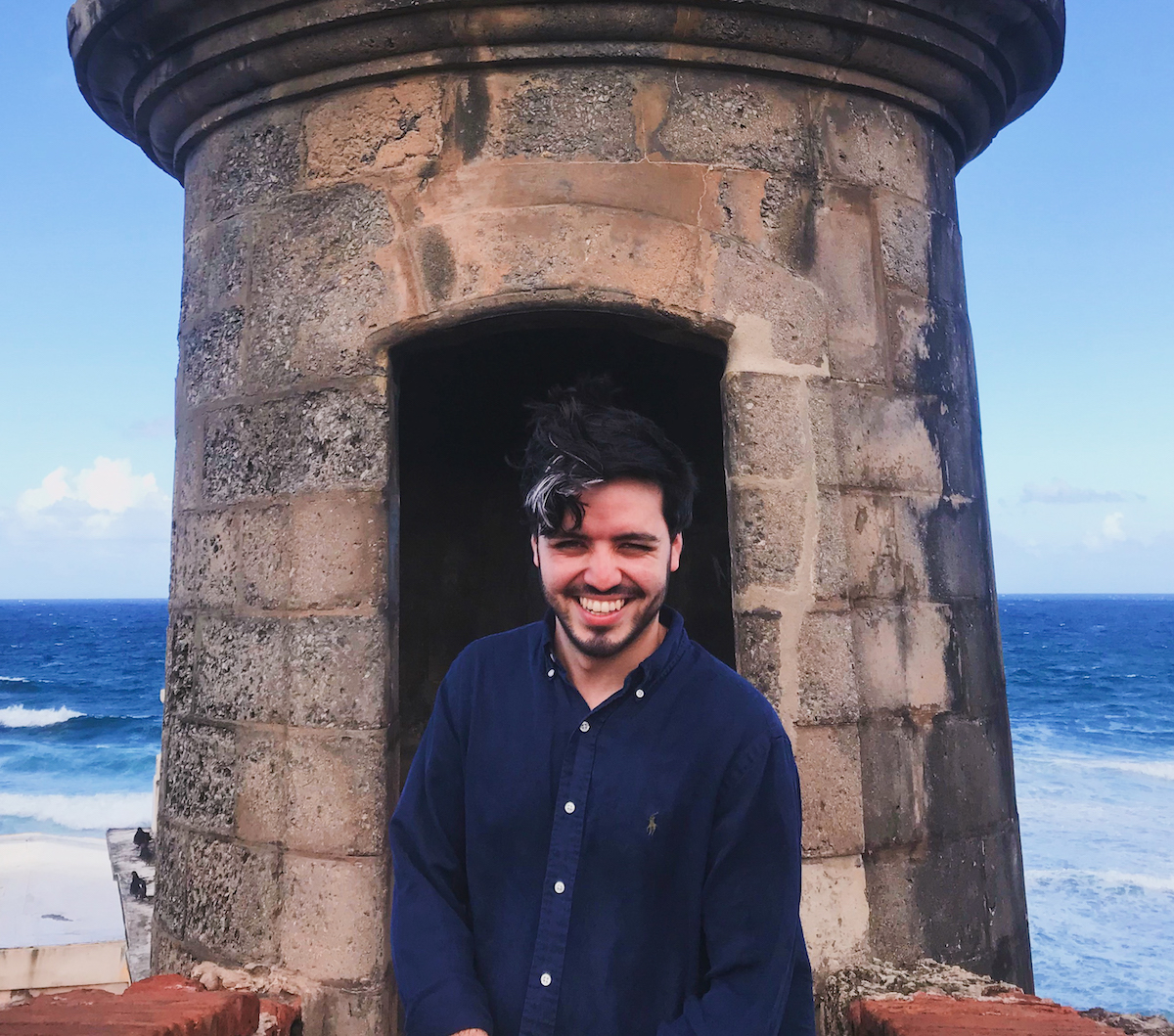
Abneil Alicea
Former PREP Student
Now: Graduate student at Jefferson University
I joined Dr. Rudolph’s Laboratory at Albert Einstein College of Medicine as PREP Student in July 2021. After graduating from the University of Delaware with a Bachelor in Psychological and Brain Sciences with a concentration in Neuroscience, I worked as a Research Associate at PsychoGenics. Here, I explored my passion for Behavioral Neuroscience by supporting the NIH Preclinical Screening Platform for Pain (PSPP) initiative to identify novel non-opioid, non-addictive pain reliever/analgesics. Driven by my interest in neural network integration, modulation, and dynamics of behavior and other higher-order cognitive processes, I returned to academia to finish my goal of pursuing a Ph.D. in Neuroscience.
Outside of the lab, I’m an amateur poet, musician, and composer who enjoys hiking, going to museums and losing chess. I’m the happiest when my big Puerto Rican family throws a fiesta or when I get to travel with my friends. My superpower is driving stick shift in NYC.
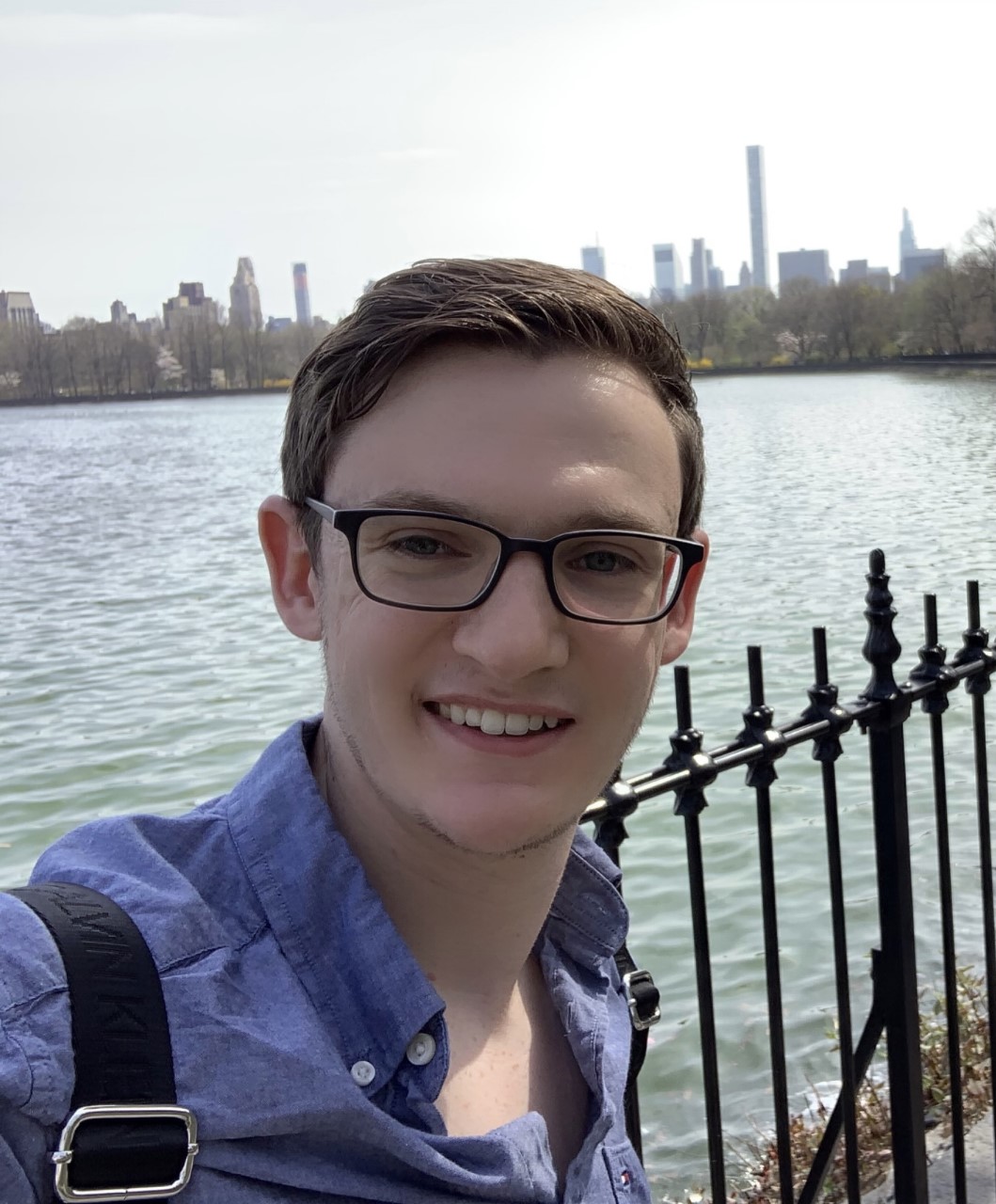
Thomas Bassett
Graduate Student and collaborator